Dr. Neal Driscoll is the principal investigator of the ALERTCalifornia program at the University of California San Diego, where he is a professor of geology and geophysics at Scripps Institution of Oceanography.
Driscoll’s background in natural hazard research traces back more than 35 years. He has published more than 120 manuscripts in high impact peer-reviewed journals, including Science, Nature Geoscience, Geology, and the Journal of Geophysical Research on subjects ranging from earthquake hazards to devastating wildfires., He has received multiple awards during his career, including the Heezen and Storke Awards for excellence in research and UC San Diego’s inaugural Undergraduate Teaching Award. Driscoll has also appeared in articles published by The Associated Press, The New York Times, CBS News, The Los Angeles Times, KGTV, KPBS and other notable news outlets.
Driscoll received his Ph.D. in geology and geophysics from Columbia University and worked as an associate research scientist at the Woods Hole Oceanographic Institution in Falmouth, MA before joining UC San Diego in 2000. His research interests at Scripps Oceanography include landscape and seascape evolution in response to tectonic deformation, sea-level fluctuations, climate, neotectonics, and geohazards.






